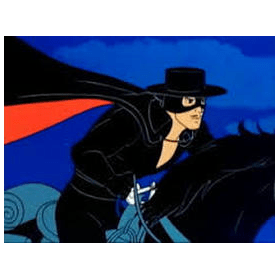Counterspy
Counterspy was an espionage drama radio series that aired on the NBC Blue Network and Mutual from May 18, 1942 to November 29, 1957. David Harding was the chief of the United States Counterspies, a unit engaged during World War II in counterintelligence against Japan’s Black Dragon and Germany’s Gestapo. United States Counterspies was a fictional government agency devised by the program’s creator, Phillips H. Lord after Lord “had a certain amount of difficulty with J. Edgar Hoover over story content in Gang Busters.” Mandel Kramer played Peters, Harding’s assistant.
Counterspy: A Riveting Tale of Espionage on the Radio Airwaves
The mid-20th century was a time of great tension and conflict, with World War II dominating the global stage. Amidst this turmoil, one radio show offered listeners an exciting and dramatic portrayal of the world of espionage. “Counterspy,” an espionage drama radio series, aired on the NBC Blue Network and Mutual from May 18, 1942, to November 29, 1957.
The Birth of Counterspy: A Response to Global Conflict
“Counterspy” was centered around David Harding, the chief of the United States Counterspies. This fictional government agency was a unit engaged in counterintelligence against Japan’s Black Dragon and Germany’s Gestapo during the heat of World War II.
Phillips H. Lord, the creator of the program, devised the concept of the United States Counterspies after he “had a certain amount of difficulty with J. Edgar Hoover over story content in Gang Busters.” This new show allowed Lord to delve into the thrilling world of international espionage without stepping on real-world toes.
David Harding and Peters: A Dynamic Duo
At the heart of “Counterspy” were two characters: David Harding and his assistant, Peters, played by Mandel Kramer. Together, these two characters navigated a world of spies, secret messages, and clandestine operations. Their adventures captivated listeners, offering an exciting escape from the realities of war.
The Power of Radio Drama
“Counterspy” was more than just a radio show; it was a testament to the power of radio drama. With its thrilling narratives, complex characters, and intricate plots, it kept listeners on the edge of their seats. Each episode was a masterclass in suspense and intrigue, demonstrating the potential of radio as a medium for storytelling.
The Impact of Counterspy
“Counterspy” had a significant impact on its listeners and the radio industry as a whole. It was one of the first radio shows to delve into the world of espionage, paving the way for future programs in this genre. Moreover, it offered a unique perspective on World War II, focusing on the covert operations that played a crucial role in the conflict.
The show also had a cultural impact. Its portrayal of spies and counterintelligence agents contributed to the public’s perception of these professions. While the characters and plots were fictional, they nonetheless shaped how listeners thought about the world of espionage.
The Legacy of Counterspy
While “Counterspy” ended its run in 1957, its influence can still be felt today. It stands as a testament to the power of radio drama and the enduring appeal of spy narratives.
Phillips H. Lord’s creation is a reminder of a time when heroes fought not just on battlefields, but also in the shadows. His work continues to inspire contemporary creators, who strive to capture the same blend of suspense, intrigue, and character development that made “Counterspy” a hit.
Remembering the Golden Age of Radio Espionage
As we look back at the golden age of radio, shows like “Counterspy” hold a special place in our collective memory. They remind us of a time when families would gather around the radio, hanging on every word as they journeyed through thrilling tales of espionage.
Today, as we navigate through an era of podcasts and streaming services, let’s take a moment to remember the pioneers like Phillips H. Lord who blazed a trail for audio storytelling. Their creativity and innovation continue to resonate, proving that a well-told story can transcend time and medium.
The adventures of David Harding and Peters may have concluded over six decades ago, but their spirit continues to live on in the hearts of those who remember this iconic radio show.
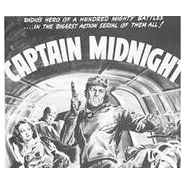
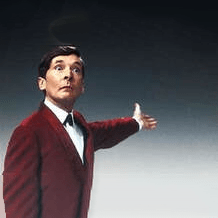
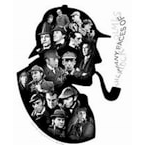
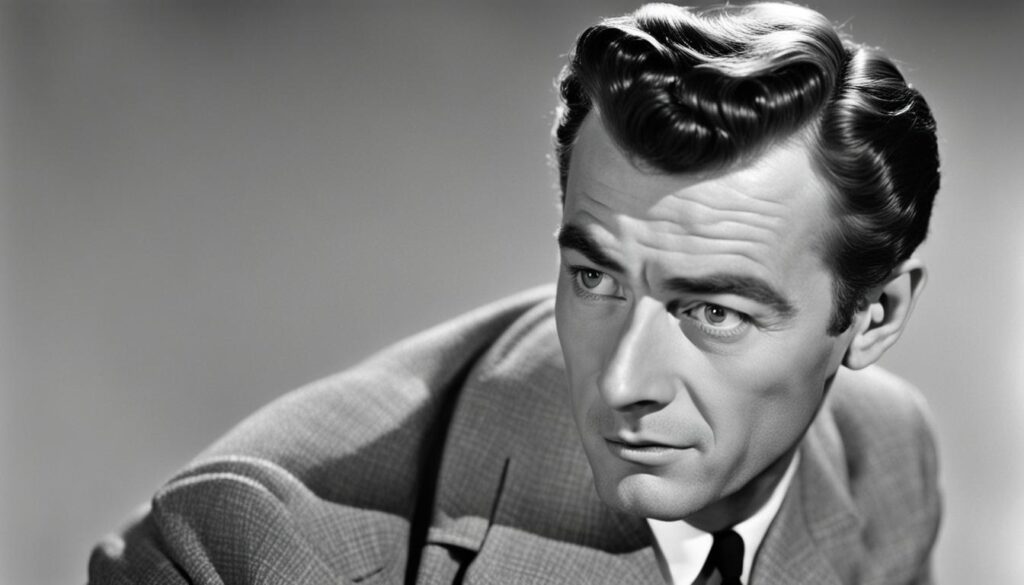
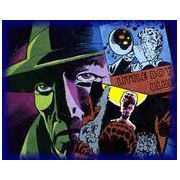
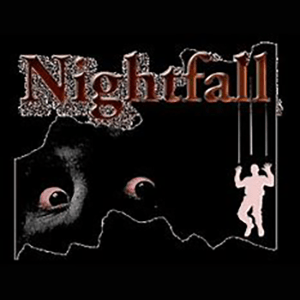
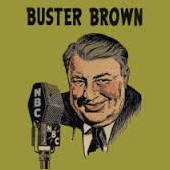
![Produced in about 1950 by Palladium Radio Productions, The Planet Man is the golly-gee-whillikers saga of Dantro, an intergalactic troubleshooter for an organization known as the League of Planets - the law enforcement body for peace and justice in the celestial world. (Think of him as an outer-space version of Marshal Matt Dillon - It's a chancy job, and it makes a [planet] man watchful...) With their center of operations situated on Planeria Rex, the capital of the planets, the League sends their water-carrier Dantro out into the celestial world to maintain law and order whenever danger threatens the universe.](/wp-content/uploads/2024/01/The-Planet-Man-is-the-golly-gee-whillikers-saga-of-Dantro-an-intergalactic-troubleshooter-1024x585.jpg)
